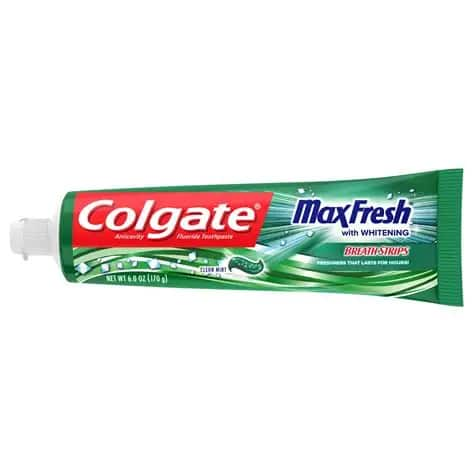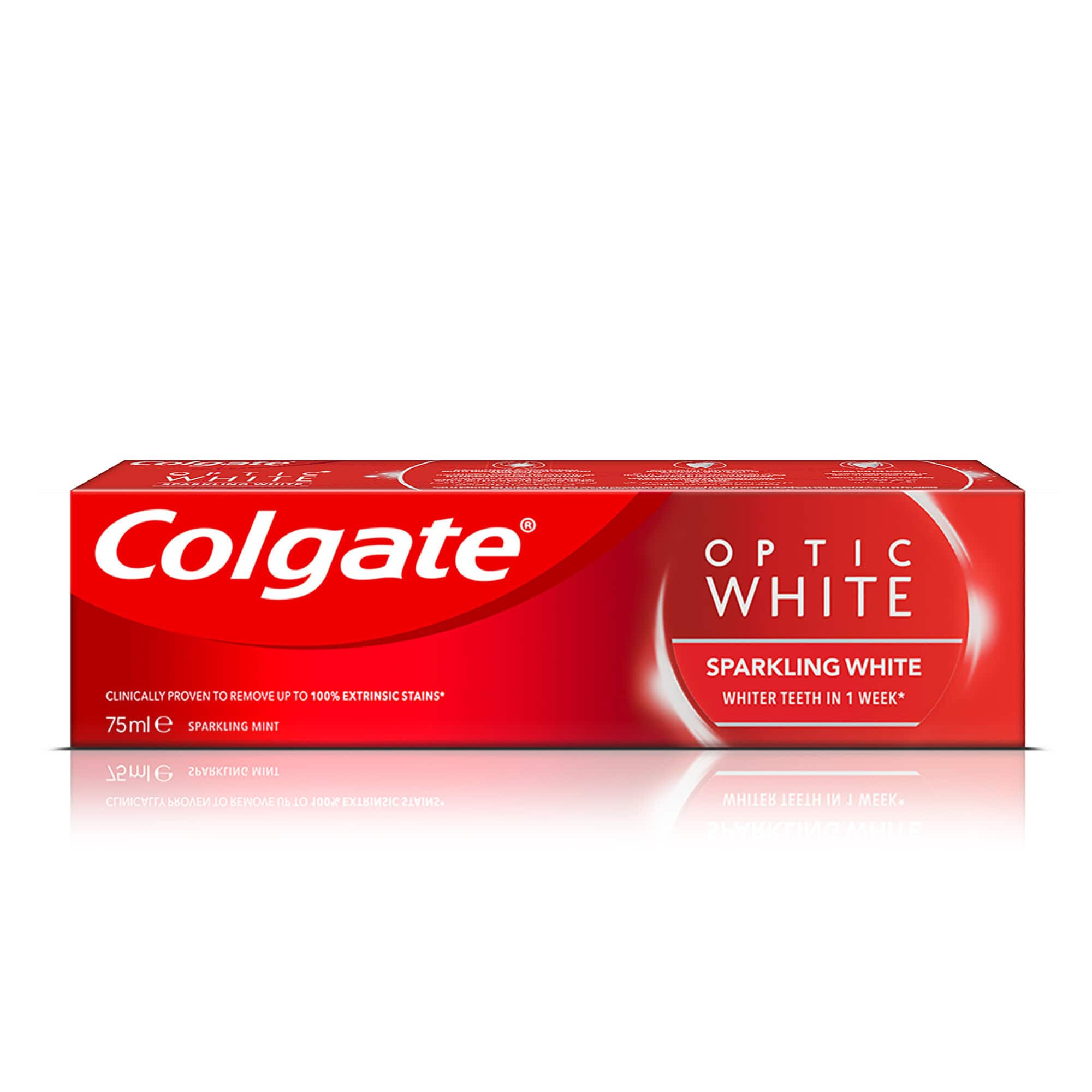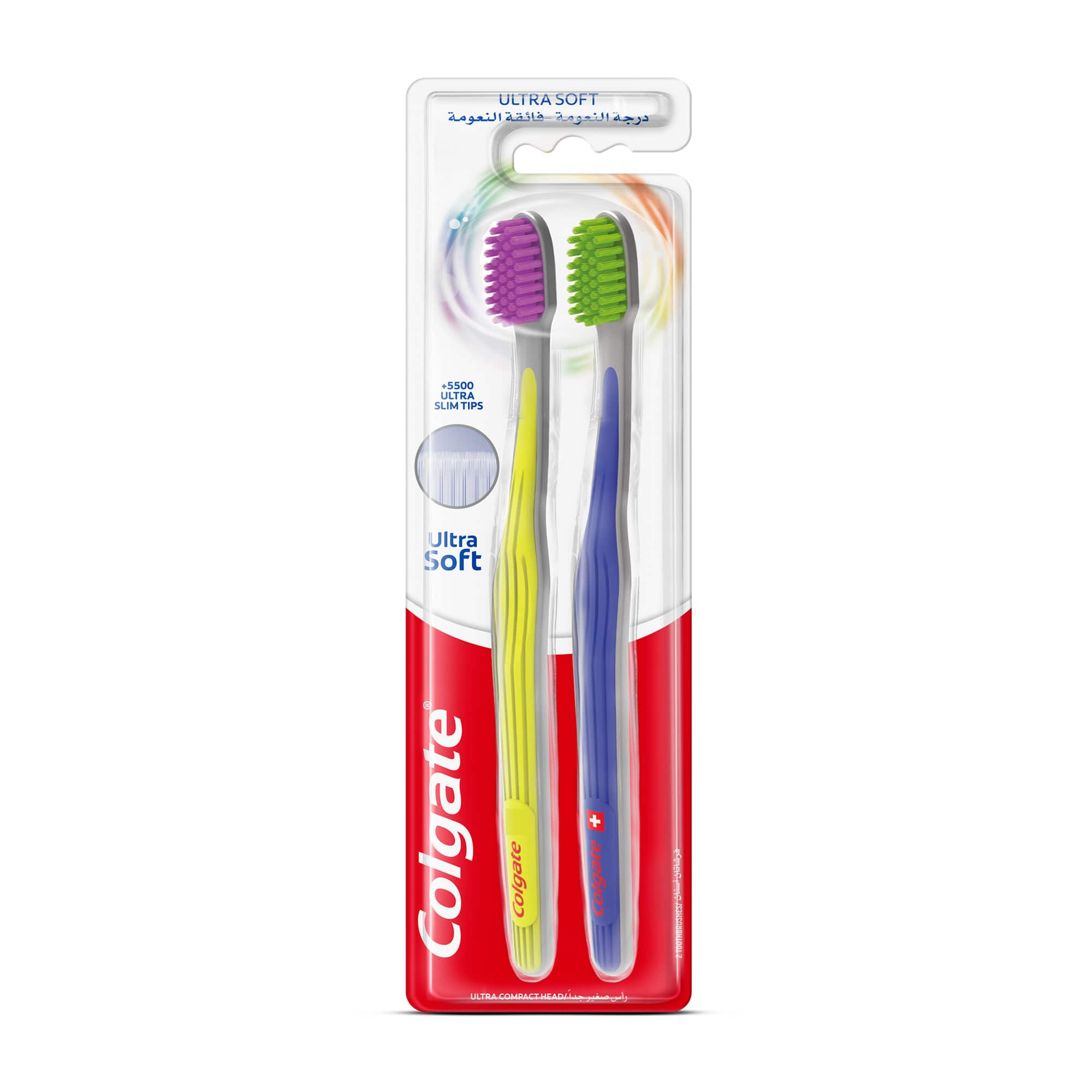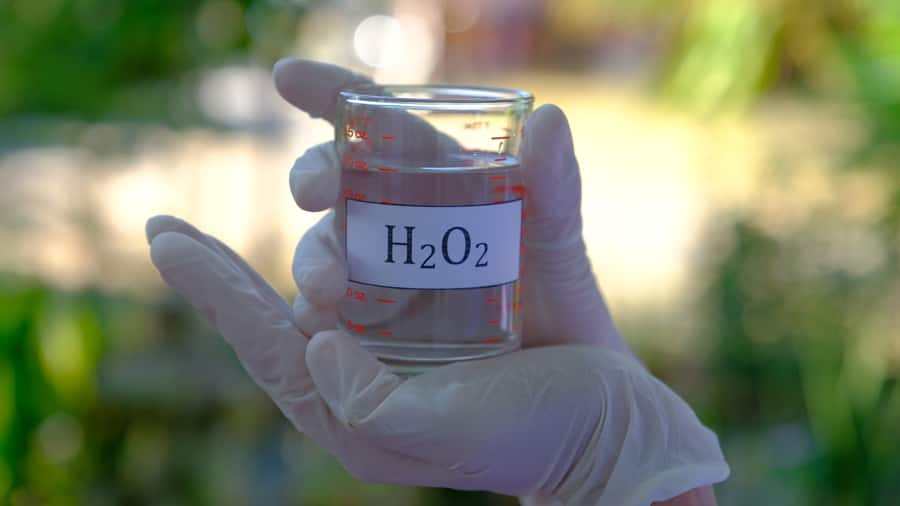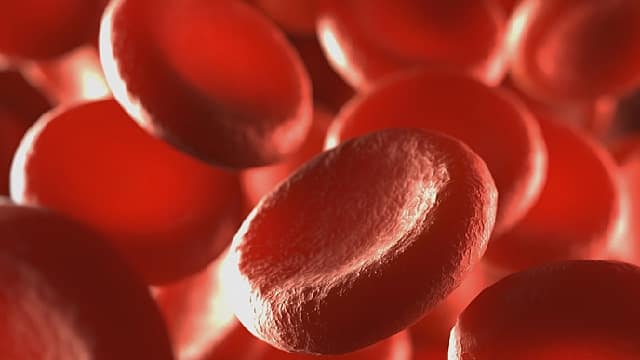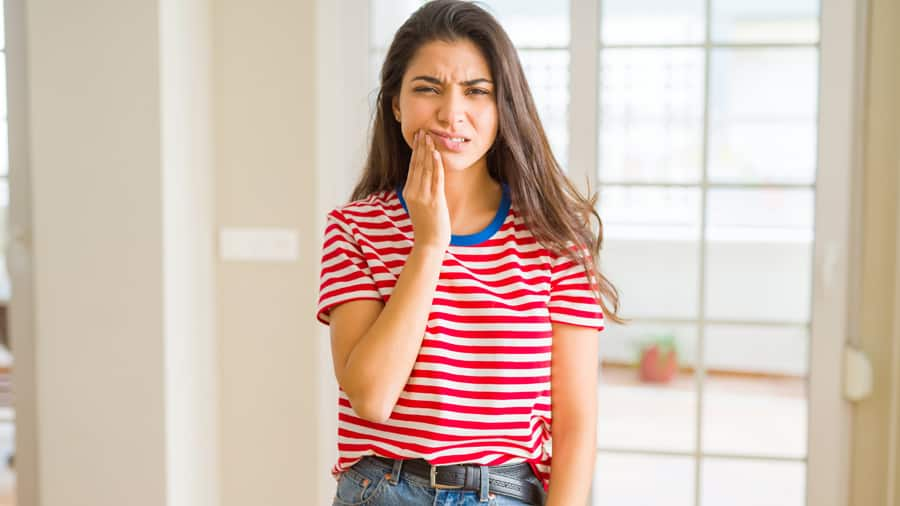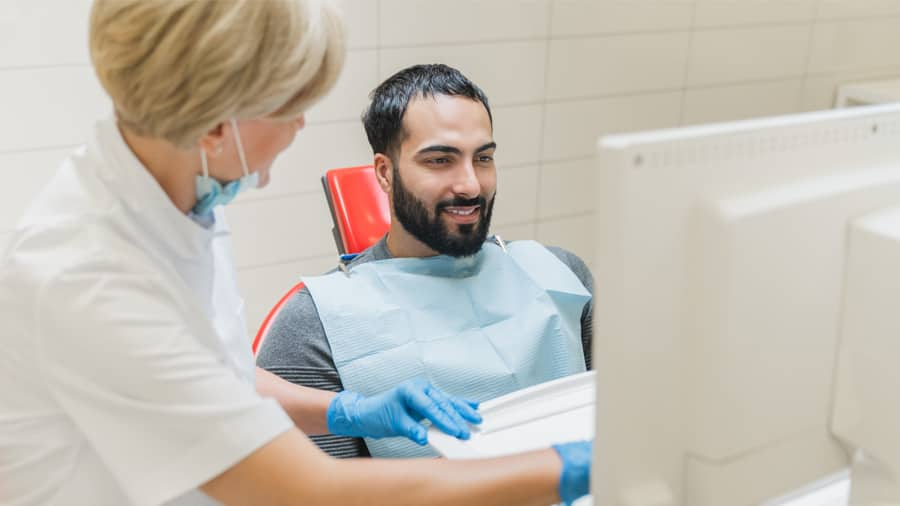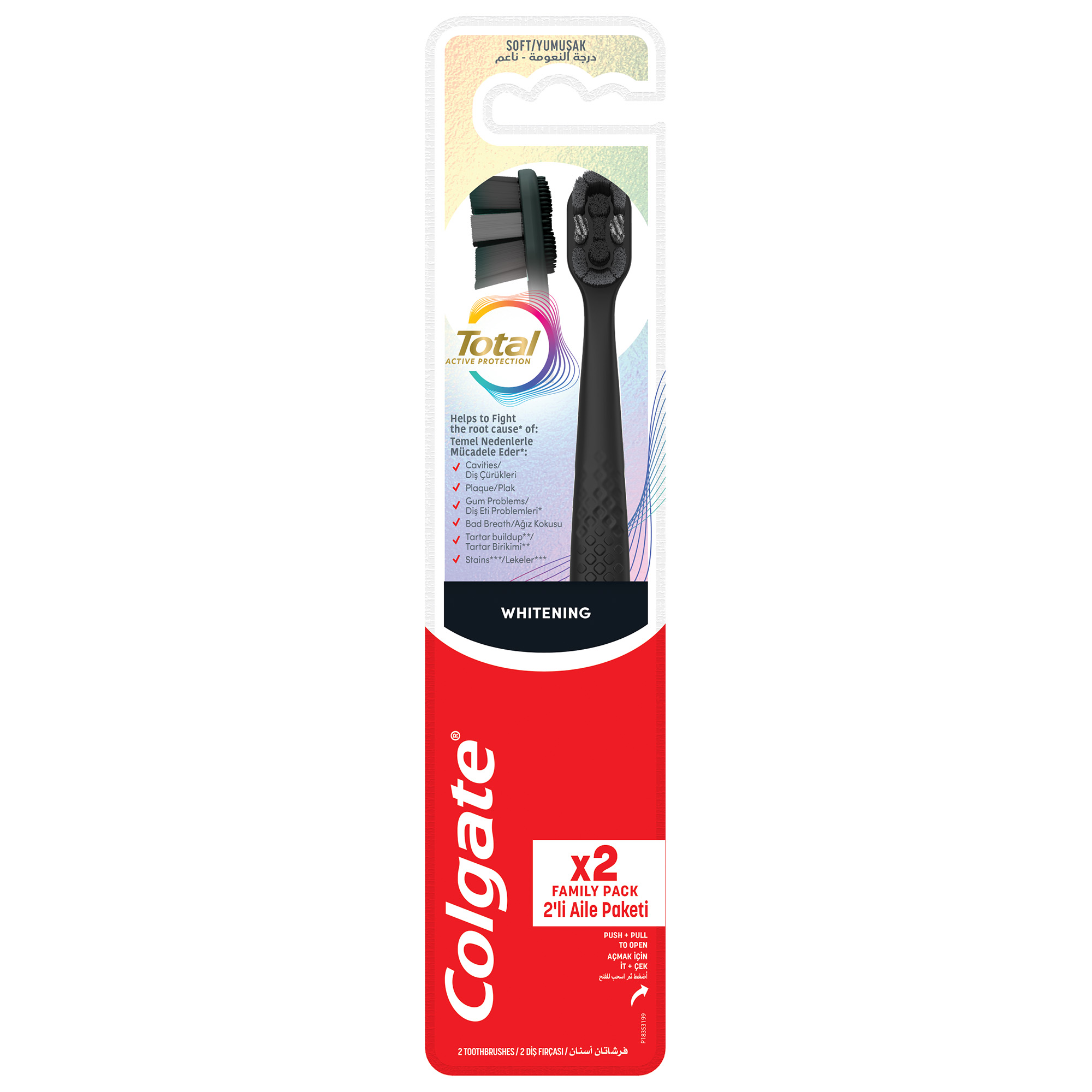Hydrogen Peroxide Gums Disease Treatment
Beyond its first-aid applications, rinsing with a low concentration of hydrogen peroxide can help give you a healthier smile, and dentists have used it for years. According to the National Magazine for Registered Dental Health Professionals (RDH), dentists have used hydrogen peroxide since 1913 to help treat gum disease and reduce plaque on the teeth.
Hydrogen peroxide helps kill the bacteria responsible for gum disease in two ways. First, it releases oxygen. If you've ever noticed that peroxide bubbles, that's because it's releasing oxygen gas. Oxygen can help eliminate pathogens in the most aggressive forms of gum disease. The presence of oxygen makes it difficult (if not impossible) for anaerobic bacteria to survive.
The other way that hydrogen peroxide treatment may help treat gum disease and improve gum health is by destroying the bacteria's cell walls. RDH points out that often the most effective way to reach bacteria located deep in periodontal pockets is to apply the peroxide in gel form with a tray. A dental professional will leave the tray in your mouth for at least 10 minutes so that they hydrogen peroxide gel will help to destroy the bacterial cells present in the periodontal pocket.
Hydrogen Peroxide for Oral Hygiene
Looking for a way to kick gum disease-causing bacteria early on? Look no further. Hydrogen peroxide, h2o2, can be used as a preventative measure as well! Using a 3% solution of hydrogen peroxide with water (the kind available in most pharmacies), can help remove plaque from the surface of your teeth and reverse the earliest signs of gum disease. You can also try a hydrogen peroxide mouth rinse by swirling a solution made of half water and half 3% hydrogen peroxide. Use a soft-bristled toothbrush to apply the 3% solution once a day after you brush, and follow with your daily flossing routine.
Teeth Whitening
Hydrogen peroxide also holds a special place in cosmetic dentistry, as one of its more well-known uses is teeth whitening. The amount of hydrogen peroxide found in a whitening product depends on its type and how it's meant to be used. For example, some whitening toothpastes contain hydrogen peroxide, a professionally recommended whitening ingredient. Hydrogen peroxide teeth whitening cleans the stains that discolor the tooth from the inside out, as opposed to toothpastes that use high cleaning silica, which only removes surface stains on the outer layer of the teeth. So, if you’re looking for a simple at-home application that doesn’t break the bank, a whitening toothpaste with hydrogen peroxide might be just the ticket!
However, if you’re looking for a more immediate and drastic whitening solution, you might consider putting down some extra dollars for professional whitening at your dentist’s office. No toothpaste contains as much hydrogen peroxide as a tooth bleaching product designed for application by your dentist. The higher concentration means the hydrogen peroxide bleaches your teeth more quickly than low-concentration toothpastes or over-the-counter whitening products.
Is Hydrogen Peroxide Safe?
When used correctly and as directed by the manufacturer’s instructions, hydrogen peroxide-based tooth whitening is safe and effective. For other uses, like gum treatment, hydrogen peroxide is usually safe when used as directed. While you will most likely be fine if you swallow a bit of the hydrogen peroxide in your medicine cabinet, you should be careful not to ingest a stronger concentration. Always remember to check the manufacturer’s label and use any product with hydrogen peroxide in it only as directed.
Although hydrogen peroxide is readily available and you might even have a bottle of it at home, it's a good idea to check with your dentist before you start using it in your mouth. Your dentist can point you to the right product to use, whether you're looking for healthier gums or a whiter, more confident smile.
This article is intended to promote understanding of and knowledge about general oral health topics. It is not intended to be a substitute for professional advice, diagnosis or treatment. Always seek the advice of your dentist or other qualified healthcare provider with any questions you may have regarding a medical condition or treatment.
